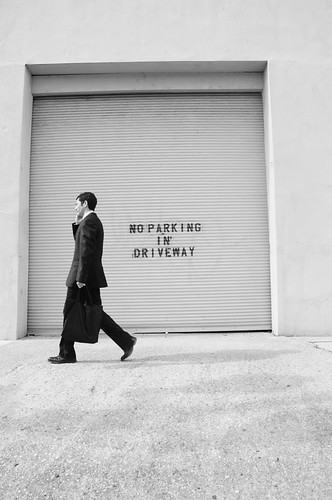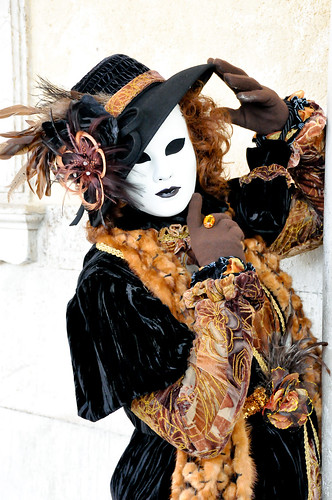Most of the time we are not writing.
This is largely due to the Dreaded Day Job.
Ideally, of course, one would either have a job which fuelled the creative juices, or a job which left your mind entirely free for thinking about writing. (All right, ideally one would be able to write as much as one liked with no outside work and an enormous stipend, but join me in the real world for the sake of the argument. Also, bring back the non-ironic use of the gender-neutral indefinite pronoun. Thank you.)
If one does not have such a convenient job, the cold hard reality is that there’s precious little mental space left for the Work In Progress. One has to make the most of what time one has – to stoke and tend the fires of inspiration, so that when time is available. one wants to write – and is ready to write.
So how does one do this?
There are many strategies, but unfortunately a lot of them double as prime forms of procrastination.
Reading about writing is one of my favourites.
Reading books about how to write, books about writers I admire – they fill me with enthusiasm. Reading books in a similar genre or tone to whatever I’m working on – at best, they fill me with an envious delight (I wish I’d written that!) and at worst, they map out pitfalls to avoid in my own work.
The useful thing about reading about writing as opposed to writing itself is that it can be squeezed into any little gap in the day, providing there is a suitable book present.

Picking up a book and reading comes naturally to me (not picking up a book and reading requires concentration and effort), whereas picking up a pen and writing requires preceding thought and usually the spreading of associated papers over a wide area.
Daydreaming about the Work In Progress is even more handy for stolen moments here and there as it requires no paraphernalia. The downside is when one has a earth-shatteringly brilliant idea (perhaps the seed word for one’s WIP) and finds one has no way of writing it down.
Of course, writers are advised to keep pen and paper on their persons at all times, but even writers need to bathe. (please note: words written in condensation on shower walls are seldom legible afterward.)
While in the throes of the Dreaded Day Job, one can also use such things as images and music to seize the imagination and recall the mind to the story underway.
Perhaps your DDJ allows you to use a personal music player (of whatever sort) – then play yourself the soundtrack to your tale.
Or images – I often to change the wallpaper on my work computer to something that reminds me of my story, and every time I see it I get a little thrill of excitement, as the story flows through my mind again.
In fact (and I am sure I am not the first writer to whom this has occurred), the whole business of feeding the flames of writerhood is remarkably analogous to other forms of devotion – whether human or divine.
We dream of our beloved. We talk about our beloved to anyone who is prepared to listen (or too polite to run away). We cherish art and music that remind us of our beloved, and we want to learn everything there is to know about them.
There is no question here of chores, or duty. Every moment we can snatch with our beloved is a pleasure, a golden trophy plucked from the mire of workaday life.
Tell me, how do you keep your fires burning?







